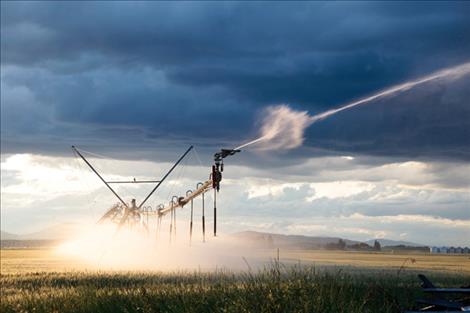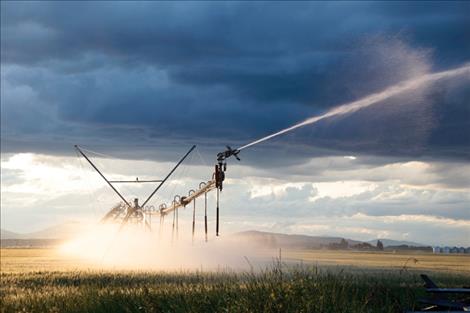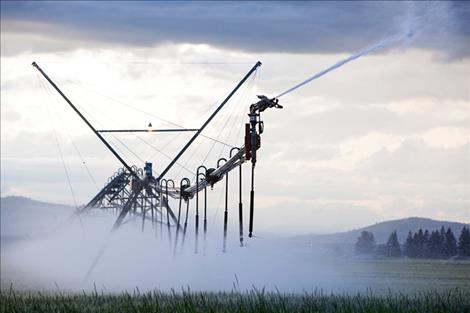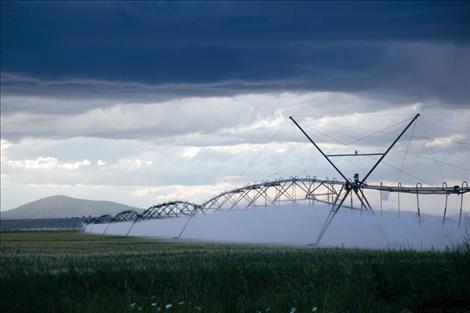Boiling point: Water compact heads to house after heated Senate debate
Hey savvy news reader! Thanks for choosing local.
You are now reading
1 of 3 free articles.
HELENA — Hours-long debate simmered in the state capitol last week, as senators passed a bill by 31-19 margin that would ratify the state’s portion of the Confederated Salish and Kootenai Tribes Water Compact.
The bill, SB 262, now heads to the House of Representatives for consideration.
The $55 million settlement legislation would then have to be signed by the governor. The compact must also be ratified by the Confederated Salish and Kootenai Tribes and the United States Congress before it goes into effect.
The compact would settle water rights claims for the Confederated Salish and Kootenai Tribes, the only of seven Montana tribes to not have completed the settlement process by a looming June 1, 2015 state-imposed deadline. If the compact does not pass by that date, the Tribes have stated their intention to file as many as 10,000 water claims as far east as Billings in Montana Water Court.
Sponsoring Senator Chas Vincent said the bill would protect existing uses of water, prevent basin closure, and give those who don’t want to fight for their water claims a chance to escape costly litigation. Those who want to pursue their water claims in court still have that right if the compact passes.
“There is nothing in the compact that prevents individual claimants from going through the adjudication process,” Vincent said. “At the end of the day, you can disagree with the compact and you can disagree with the case law that supports it. But don’t condemn the rest of us to millions of dollars and years of litigation when there is the option to prevent it by passing the compact.”
But other legislators argued that the compact has not been satisfactorily negotiated, with the Flathead Joint Board of Control that represents irrigators on the reservation, still in official opposition to the compact.
Others made the case that the bill is part of a ploy to take away state-based rights.
“The CSKT compact, at its core, is nothing more than a smokescreen in my opinion, to allow the federal government to acquire the rights of the largest fresh-water system in the United States,” said Bozeman Republican Jedidiah Hinkle, calling the legislation “Nancy Pelosi-style.”
Legislators had a brief adjournment over the weekend and will return to the statehouse March 5 to resume work.



















